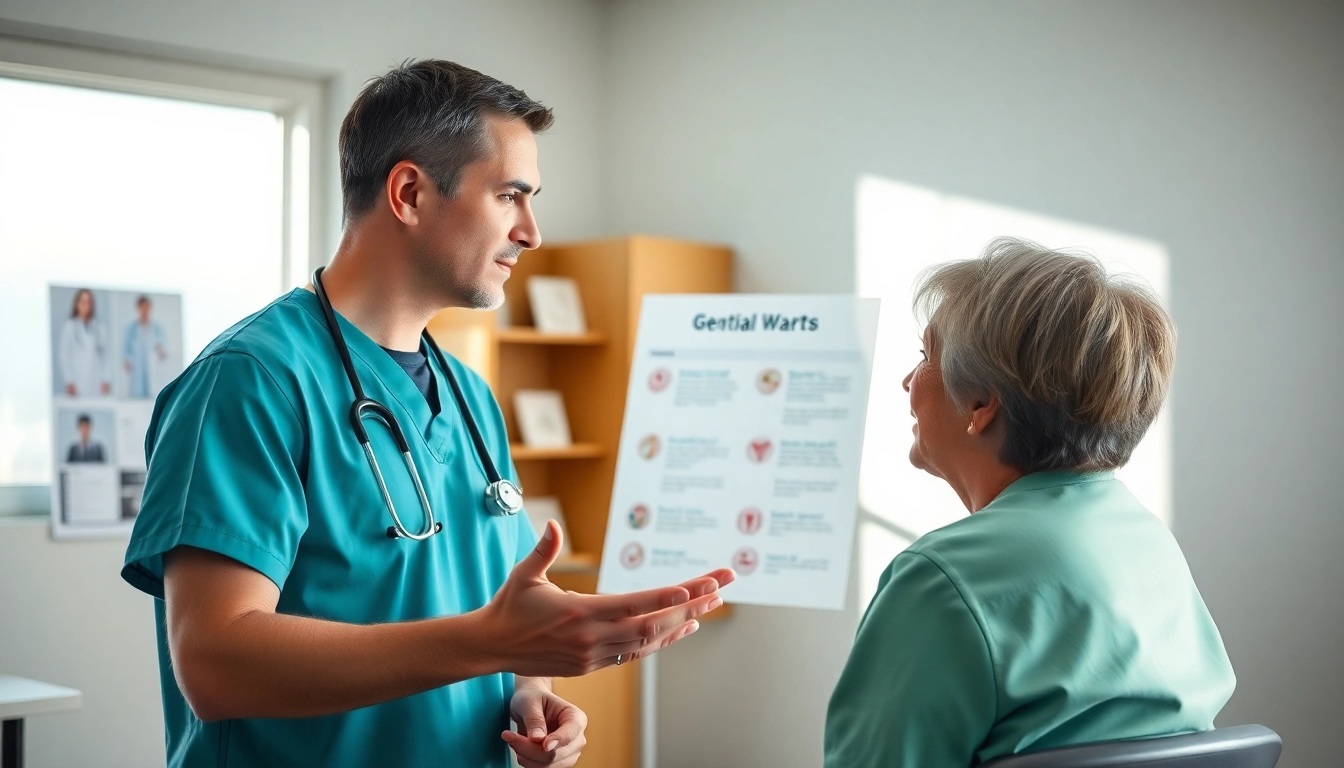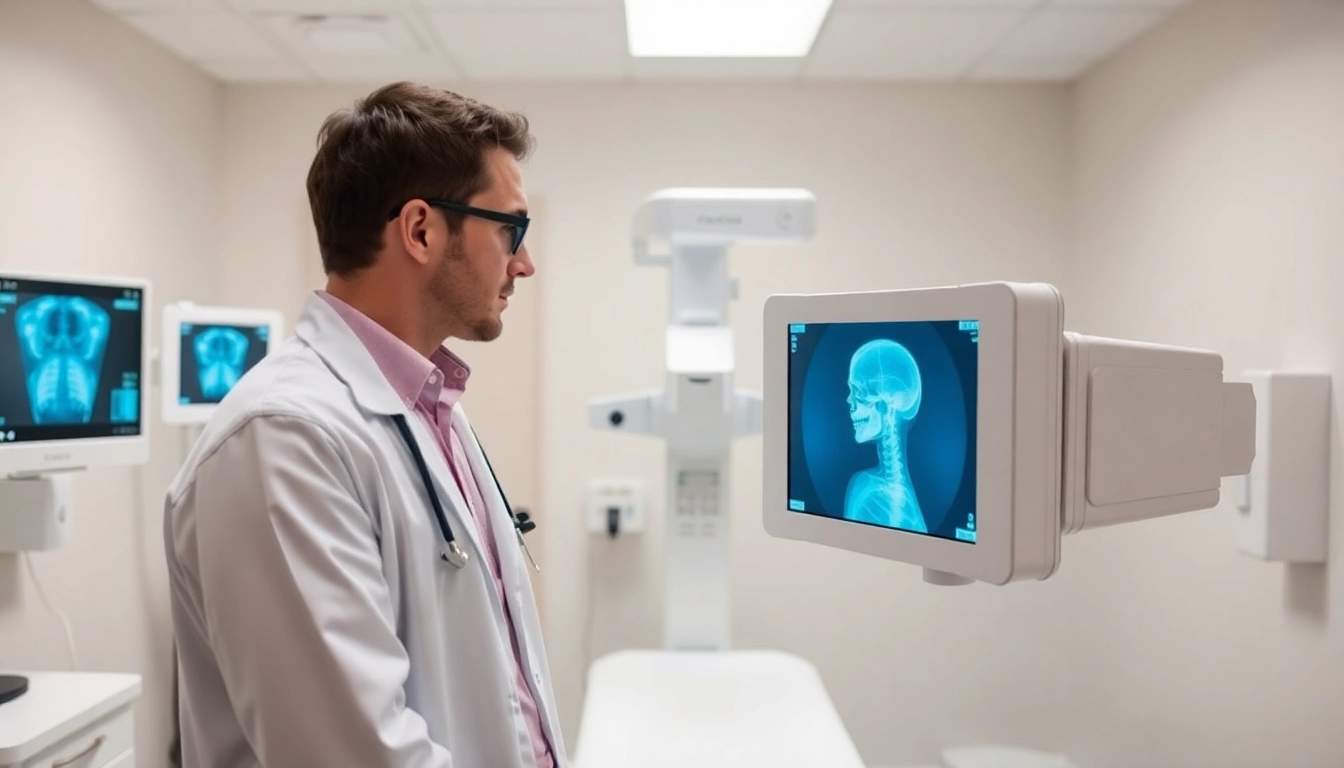Understanding Genital Warts and Their Causes
What Are Genital Warts?
Genital warts are small, flesh-colored or gray swellings that can appear on the genital area, including the vulva, vagina, penis, or around the anus. They may occur as a single growth or multiple warts cluster together, forming a cauliflower-like shape. These growths are caused by certain types of the human papillomavirus (HPV), and while they are usually not harmful, they can be uncomfortable and have a significant emotional impact on those affected.
HPV and Its Role in Genital Warts
The HPV is a diverse group of over 200 related viruses, out of which approximately 40 types are sexually transmitted and can infect the genital area. Genital warts are primarily caused by HPV types 6 and 11. While these types are not considered high-risk since they do not lead to cancer, they are responsible for the development of benign warts. Importantly, HPV can remain in the body silently; thus, individuals may not show visible symptoms yet can still transmit the virus to sexual partners.
Common Symptoms and Diagnosis
Symptoms of genital warts can vary, and some individuals may not experience any noticeable signs. Common symptoms include:
- Small, soft bumps in the genital area
- Rash or change in the skin texture
- Itching or discomfort in the affected area
- Bleeding during sexual intercourse
Diagnosis is typically performed through physical examination. Health professionals may use visual inspection to confirm the presence of warts. In some cases, they might recommend further testing, such as a biopsy, to ensure accurate diagnosis and to rule out other conditions.
Treatment Options for Genital Warts Cure
Topical Treatments and Home Remedies
There are several topical treatments available for genital warts, which can be applied directly to the affected area:
- Imiquimod cream: This immune response modifier helps the body fight the virus and may lead to wart elimination.
- Podofilox: A plant-derived solution that acts as a anti-mitotic agent, disrupting the growth of wart tissue.
- Sinecatechins: A topical ointment used to stimulate the immune system to eliminate warts.
Home remedies may provide additional relief but should be approached with caution. Options like apple cider vinegar or tea tree oil are often discussed in forums, but their effectiveness varies and lacks strong clinical validation.
Professional Medical Treatments
For stubborn or extensive cases of genital warts, professional treatment options include:
- Cryotherapy: Involves freezing the warts with liquid nitrogen, causing them to fall off.
- Laser treatment: A more invasive option used to vaporize warts with laser technology.
- Electrosurgery: This method employs heat generated by electrical currents to remove warts.
- Surgical excision: Removing warts surgically may be necessary in cases that do not respond to other treatments.
It is important to note that while these treatments can effectively remove visible warts, they do not eliminate the underlying HPV infection, which may lead to recurrence.
Alternative Approaches and Natural Remedies
Some individuals prefer alternative or natural methods for dealing with genital warts. While the evidence for these approaches is largely anecdotal, some common alternatives include:
- Dietary adjustments: Incorporating immune-boosting foods such as fruits, vegetables, and probiotics may help bolster the body’s defense against HPV.
- Herbal supplements: Preparations that include echinacea, green tea extract, and other whole-plant therapies might offer immune support.
- Stress management: Engaging in yoga and mindfulness practices can help reduce stress, potentially enhancing immune function.
While exploring these options, it’s critical to consult with a healthcare professional to ensure that they align with your overall treatment strategy.
Preventing Genital Warts and HPV Transmission
Vaccination against HPV
One of the most effective methods of preventing genital warts is vaccination against HPV. Vaccines such as Gardasil and Gardasil 9 protect against the most common and high-risk strains of HPV, including those leading to genital warts. It is recommended that both young males and females receive the vaccine before they become sexually active to ensure maximum protection.
Safe Practices for Sexual Health
In addition to vaccination, practicing safe sex is crucial in reducing the risk of genital warts. Key safe practices include:
- Consistent use of condoms or dental dams during sexual activity
- Limiting the number of sexual partners to decrease exposure to HPV
- Engaging in open conversations about sexual health with partners to maintain awareness of risks
Regular Screening and Monitoring
Regular healthcare check-ups and screening can aid in the early detection of sexually transmitted infections, including HPV. For women, regular Pap tests can help monitor for precancerous changes in the cervix associated with HPV. Early identification and treatment of genital warts are essential for managing symptoms and preventing the spread of HPV.
Addressing Myths and Misconceptions about Genital Warts Cure
Myths Surrounding Treatment Effectiveness
Common myths often perpetuate misunderstandings around genital warts treatments, such as the belief that the removal of warts cures the HPV infection. However, while treatments can effectively eliminate visible warts, they do not eradicate the virus. Understanding this fact can help set realistic expectations for individuals seeking treatment.
Misinformation about HPV and Warts
Misinformation surrounding HPV can contribute to stigma and fear. A critical misconception is that genital warts indicate promiscuity or poor hygiene. HPV is a widely prevalent virus, and many carriers are asymptomatic. It is important to foster an informed perspective and promote conversations about sexually transmitted infections in order to eliminate stigma.
Clarifying Recurrence and Long-Term Care
Individuals often worry about the recurrence of genital warts after treatment. While it’s true that some people may experience recurrences, this does not signify treatment failure. Regular follow-ups and open communication with healthcare providers can help manage expectations and monitor for any new developments.
Living with Genital Warts: Psychological and Emotional Support
Impact on Mental Health
Living with genital warts can have a profound psychological impact. Individuals may experience feelings of shame, anxiety, or depression due to the stigma associated with warts and HPV. The emotional burden can affect one’s self-esteem and interpersonal relationships, making support essential.
Support Groups and Counseling
Participating in support groups can provide a valuable space for sharing experiences and coping strategies. These groups can offer insight, foster connection, and reduce feelings of isolation. Additionally, seeking counseling or therapy from mental health professionals well-versed in sexual health issues can help individuals navigate the emotional complexities of dealing with genital warts.
Rebuilding Confidence and Relationships
Rebuilding confidence after a diagnosis of genital warts involves open communication with partners and seeking out educational resources. Educating oneself about the condition can help dispel fears and foster healthier conversations within relationships. Engaging an open dialogue about sexual health can also promote understanding and compassion between partners.
For those seeking comprehensive information on treatment options, visiting a reliable resource on Genital warts cure can provide further guidance and support.



